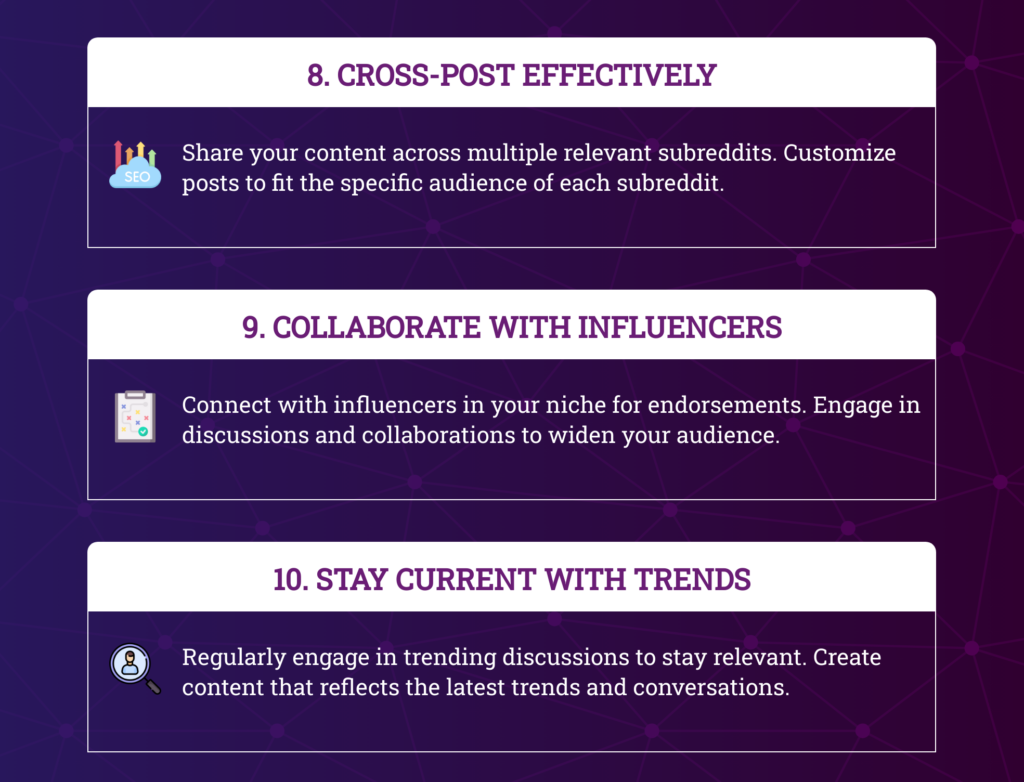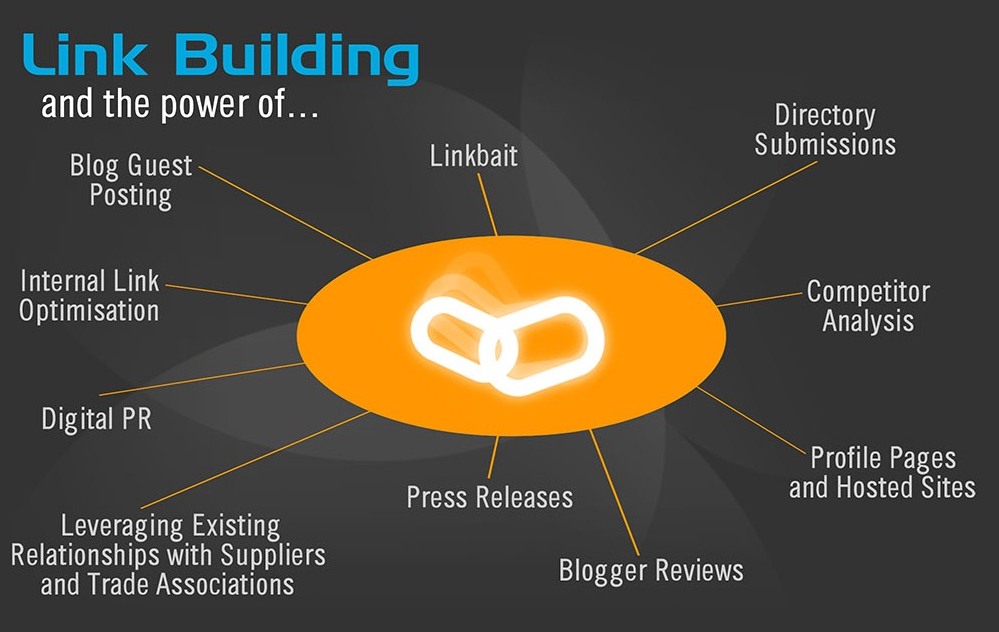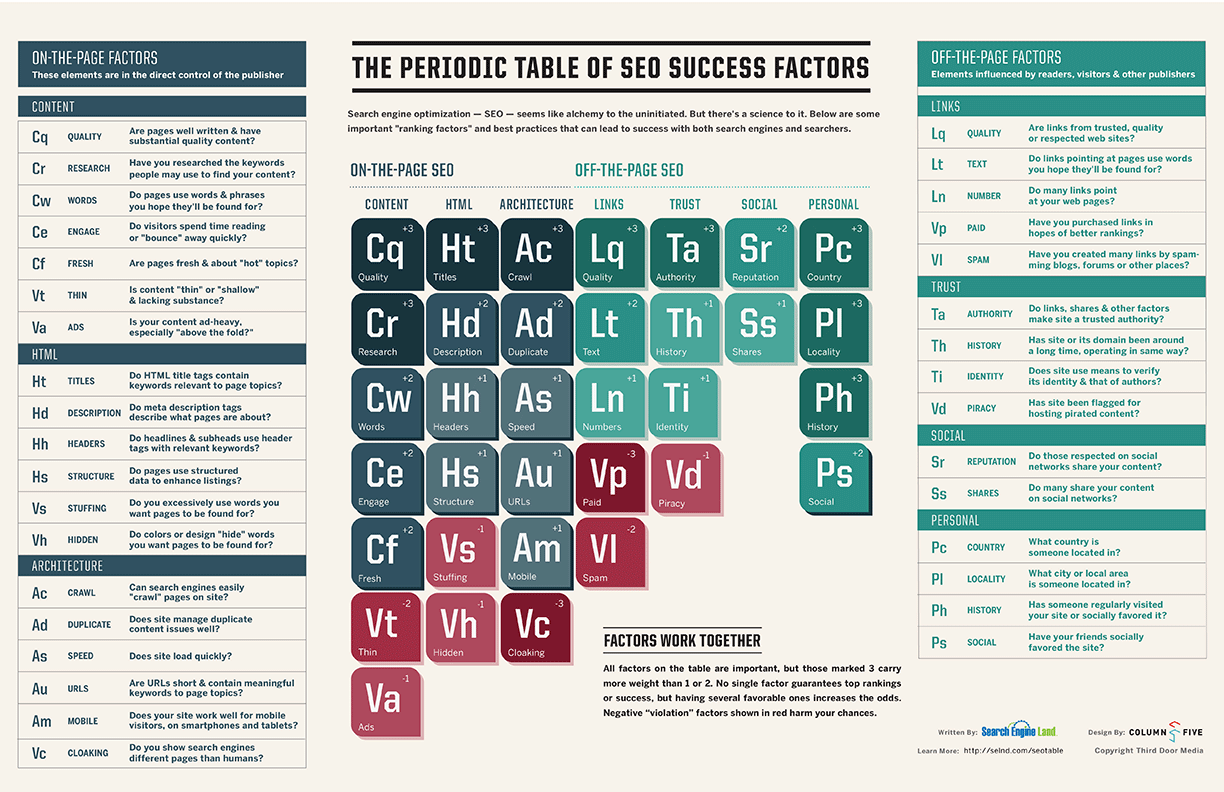Reddit's Guide to SEO Success

In the ever-evolving world of search engine optimization (SEO), staying ahead of the game is a challenging yet rewarding endeavor. With search algorithms constantly evolving and user behaviors shifting, mastering the art of SEO requires a deep understanding of the latest techniques and strategies. This comprehensive guide aims to provide an in-depth exploration of SEO, offering practical insights and expert advice to help you navigate the complex landscape of online visibility.
Unraveling the Complexity of SEO

SEO, an acronym for Search Engine Optimization, is the process of optimizing web content to improve its visibility and ranking on search engine results pages (SERPs). It involves a myriad of strategies and techniques aimed at making your content more discoverable and appealing to search engines and users alike.
The ultimate goal of SEO is to ensure that your website appears at the top of relevant search results, thereby increasing organic traffic and enhancing your online presence. However, achieving this goal is no small feat, as it requires a nuanced understanding of search engine algorithms, user behavior, and the ever-changing trends in online content consumption.
The Evolution of SEO
The history of SEO is a fascinating journey that mirrors the evolution of the internet itself. From the early days of keyword stuffing and link farming, SEO has transformed into a sophisticated discipline that prioritizes user experience and quality content. The modern search landscape is shaped by advancements in artificial intelligence and machine learning, which have revolutionized how search engines understand and interpret web content.
Google, the undisputed king of search engines, has led the way in this transformation. With each algorithm update, such as the infamous Panda and Penguin updates, Google has raised the bar for SEO practitioners, emphasizing the importance of high-quality, relevant content and penalizing manipulative tactics.
| Algorithm Update | Impact |
|---|---|
| Panda | Targeted low-quality content, penalizing sites with thin or duplicate content. |
| Penguin | Focused on link manipulation, penalizing sites with excessive or unnatural links. |
| Hummingbird | Introduced a more semantic approach, understanding the intent behind user queries. |

These updates, and many more, have shaped the modern SEO landscape, encouraging practitioners to focus on creating valuable content, optimizing for user experience, and employing ethical link-building strategies.
The Role of Keywords in SEO
Keywords are the building blocks of SEO. They are the words and phrases that users type into search engines to find information, products, or services. Effective keyword research and strategy are crucial for success in SEO, as they help you understand your target audience’s search behavior and guide your content creation process.
Keyword research involves analyzing search volume, competition, and user intent to identify the most relevant and profitable keywords for your website. Tools like Google Ads Keyword Planner, SEMrush, and Ahrefs provide valuable insights into keyword trends and competition, helping you make informed decisions about your content strategy.
Once you have identified your target keywords, it's essential to incorporate them into your content naturally and strategically. Over-optimization, such as keyword stuffing, can lead to penalties from search engines and negatively impact user experience. Instead, focus on creating high-quality, informative content that naturally incorporates your target keywords.
On-Page SEO: Mastering the Fundamentals

On-page SEO refers to the optimization of individual web pages to improve their visibility and ranking in search results. It involves a range of strategies that focus on optimizing various elements of a web page, including its content, structure, and metadata.
Title Tags and Meta Descriptions
Title tags and meta descriptions are crucial elements of on-page SEO. Title tags are the titles of your web pages that appear in search results and browser tabs. They should be concise, descriptive, and include your target keyword to capture the attention of searchers and improve click-through rates.
Meta descriptions, on the other hand, provide a brief summary of your web page's content. Although they do not directly impact your ranking, well-crafted meta descriptions can improve your click-through rates by giving searchers a clear idea of what your page is about.
Content Optimization
Creating high-quality, relevant, and engaging content is at the heart of effective SEO. Search engines value content that provides value to users, so focus on creating informative, well-written, and unique content that meets the needs of your target audience.
When optimizing your content, pay attention to the following elements:
- Keyword Placement: Strategically place your target keyword in the title, headings, and throughout the body of your content.
- Headings and Subheadings: Use H1, H2, and other heading tags to structure your content and make it more scannable.
- Image Optimization: Optimize images by adding alt text and ensuring they are properly sized and compressed.
- Internal Linking: Linking to other relevant pages on your website helps search engines understand the structure of your site and can improve user experience.
- Mobile Optimization: With an increasing number of users accessing the web via mobile devices, it's crucial to ensure your content is mobile-friendly and responsive.
URL Structure and Optimization
A well-structured URL can provide valuable clues to search engines and users about the content of your web page. Keep your URLs short, descriptive, and keyword-rich. Avoid using dynamic parameters or excessive folders, as they can make your URLs hard to read and remember.
Off-Page SEO: Building Authority and Trust
Off-page SEO refers to the strategies and techniques used outside of your website to improve its search engine ranking and visibility. It primarily involves building high-quality backlinks and establishing your website’s authority and trustworthiness in your industry.
Link Building Strategies
Building high-quality backlinks is a cornerstone of off-page SEO. Backlinks, or incoming links to your website from other websites, are a signal to search engines that your content is valuable and trustworthy. However, not all backlinks are created equal, and it’s essential to focus on building natural, relevant links from authoritative sources.
Some effective link-building strategies include:
- Guest Blogging: Contributing high-quality guest posts to reputable websites in your industry can earn you valuable backlinks.
- Influencer Outreach: Collaborating with influencers or industry experts can lead to backlinks and increased visibility.
- Broken Link Building: Identifying broken links on other websites and offering your content as a replacement can earn you valuable backlinks.
- Social Media Engagement: Building a strong presence on social media platforms can lead to increased brand visibility and opportunities for link building.
Social Media and SEO
While social media signals do not directly impact your search engine rankings, they can indirectly influence your SEO success. Social media platforms provide a powerful channel for content distribution, engagement, and brand building. By sharing your content on social media, you can increase its visibility, reach a wider audience, and potentially earn backlinks and shares.
Technical SEO: Optimizing for Performance
Technical SEO involves optimizing the technical aspects of your website to ensure it is easily crawlable and indexable by search engines. This includes ensuring your website loads quickly, is mobile-friendly, and has a secure connection (HTTPS).
Site Speed and Performance
Site speed is a critical factor in both user experience and SEO. A slow-loading website can lead to high bounce rates and low engagement, negatively impacting your search engine rankings. Optimize your website’s performance by minimizing HTTP requests, optimizing images, and leveraging browser caching.
Tools like Google's PageSpeed Insights and GTmetrix can provide valuable insights into your website's performance and offer recommendations for improvement.
Mobile Optimization
With the majority of web traffic now coming from mobile devices, it’s essential to ensure your website is mobile-friendly. Google’s Mobile-Friendly Test can help you assess your website’s mobile performance and identify any issues that need addressing.
Security and HTTPS
A secure website is not only important for user privacy and data protection but also for SEO. Google prioritizes secure websites in its search results, so it’s crucial to ensure your website has an SSL certificate and uses HTTPS.
Content Strategy and User Experience

Creating high-quality, engaging content is a cornerstone of effective SEO. However, it’s not enough to simply create content; you must also ensure it provides value to your users and delivers a positive user experience.
Understanding User Intent
To create content that resonates with your audience, you must first understand their search intent. Search intent refers to the reason behind a user’s query - are they looking for information, researching a product, or seeking to make a purchase? By aligning your content with the user’s intent, you can create more relevant and valuable content.
User Experience (UX) Optimization
User experience (UX) is a critical factor in both SEO and overall website success. A positive UX ensures your users can easily navigate your website, find the information they need, and take desired actions. Optimize your website’s UX by focusing on the following:
- Clear and Intuitive Navigation: Ensure your website’s navigation is easy to understand and use.
- Fast Page Load Times: As mentioned earlier, site speed is crucial for both UX and SEO.
- Mobile-Friendly Design: With the majority of web traffic coming from mobile devices, ensure your website is optimized for mobile users.
- Content Organization: Organize your content logically and ensure it is easy to scan and digest.
- Call-to-Actions (CTAs): Include clear and compelling CTAs to guide users towards taking desired actions.
The Future of SEO: Trends and Predictions
As we look to the future of SEO, several trends and predictions emerge that will shape the discipline in the years to come. Staying ahead of these trends and adapting your strategies accordingly will be crucial for long-term success.
Artificial Intelligence (AI) and Machine Learning
Artificial Intelligence (AI) and Machine Learning (ML) are already revolutionizing the search landscape, and their impact is only set to grow. Search engines, particularly Google, are leveraging AI and ML to better understand user queries, interpret content, and deliver more relevant search results.
To future-proof your SEO strategy, focus on creating high-quality, informative content that provides real value to users. Additionally, consider incorporating AI-powered tools into your SEO workflow to enhance your content creation, optimization, and analysis processes.
Voice Search and Natural Language Processing
With the rise of voice-activated devices and virtual assistants, voice search is becoming an increasingly popular way for users to interact with search engines. Voice search queries tend to be longer and more conversational, and optimizing for these queries requires a different approach to traditional keyword-based SEO.
To adapt to this trend, focus on creating content that answers long-tail, conversational queries. Optimize your content for featured snippets, as these often appear as answers to voice search queries. Additionally, consider incorporating natural language processing (NLP) techniques into your SEO strategy to better understand and interpret user intent.
Video SEO
Video content is becoming increasingly popular, with platforms like YouTube and TikTok gaining immense traction. Optimizing your video content for search engines can help increase its visibility and reach a wider audience.
When optimizing video content, focus on the following:
- Video Titles and Descriptions: Ensure your video titles and descriptions are keyword-rich and accurately describe the content.
- Video Transcripts: Providing a transcript of your video content can improve its accessibility and SEO.
- Video Thumbnails: An appealing thumbnail can increase click-through rates and improve video visibility.
- Video SEO Tools: Leverage video SEO tools like VidIQ and TubeBuddy to optimize your YouTube channel and videos.
How often should I update my website’s content for SEO purposes?
+
Regularly updating your website’s content is crucial for maintaining its relevance and keeping your audience engaged. While there is no hard and fast rule, aiming for a new blog post or updated page every week is a good starting point. However, the frequency may vary depending on your industry and the nature of your business. Consistency is key, so find a schedule that works for you and your team.
How long does it take to see results from SEO efforts?
+
The timeline for seeing results from SEO efforts can vary greatly depending on several factors, including the competitiveness of your industry, the quality of your existing content, and the effectiveness of your SEO strategies. In some cases, you may start seeing improvements within a few weeks, while in others, it may take several months or even a year to see significant results. Patience and persistence are key when it comes to SEO.
What are some common mistakes to avoid in SEO?
+
Some common mistakes to avoid in SEO include keyword stuffing, over-optimization of content, ignoring mobile optimization, neglecting technical SEO aspects, and building low-quality backlinks. Additionally, failing to keep up with algorithm updates and not focusing on user experience can hinder your SEO efforts. Stay informed, adapt your strategies, and prioritize quality over quantity.



